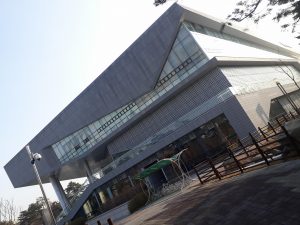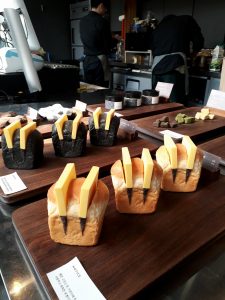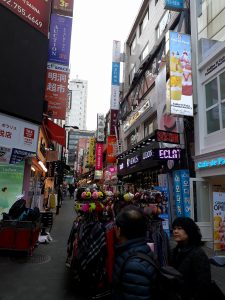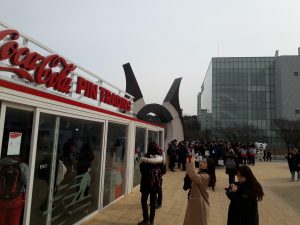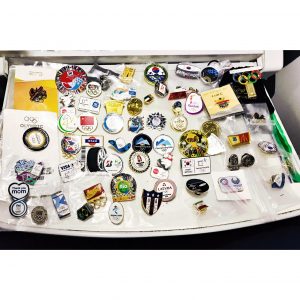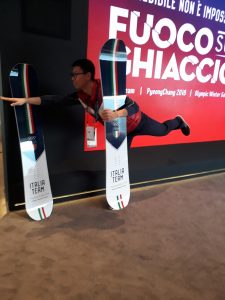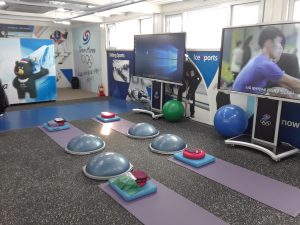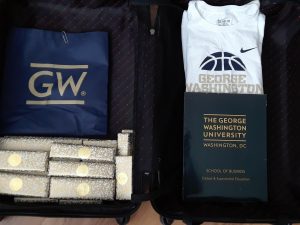As a great man once said, go out with a boom.
This trip really, really lighted me up in a sense of witnessing just a fracture of the operation of the largest sporting event in the world. I said in an Instagram story earlier that my appreciation and respect to all the staff and especially the volunteers has grown tremendously, and that a lot of times we don’t have the right perspective looking at things. You know, the inconvenience of public transportation, the language gap, the lack of variety in food, the list goes on. And I guess it is somewhat reasonable to be upset with these issues since the Olympics ought to strive for excellence in all aspects, and criticizing is ultimately good in preparation for the future Games. But sometimes people are upset just to be upset, and I’m guilty of falling into that trap multiple times during the stay too.
And I’m not sure if I’m being too sentimental, or if the reality of returning to DC is hitting me as I type up this post at the airport. Whatever the reason, I’m really going to miss this Game. And here I will present the three-point outline as if I were giving a speech:
1. People have a longing to be recognized. The athletes wanting to be heard, sponsors wishing to gain exposure, politicians striving to create positive images, volunteers filling every joint of the operation. And as Dr. Neirotti mentioned in the NBC interview, everything is so commercialized nowadays that public recognition has become a commodity that people can benefit financially from. Whether for commercial reasons or other underlying reasons, there’s no denial that everyone has a longing to be known. And the humane interactions that these Games bring is really at the core of it all, the crossing of cultures and competition.
2. Technology is getting out of hands. According to IOC member and the founder of Sports Innovation Lab, Angela Ruggiero, pretty soon the sport disciplines that require a manual and subjective scoring system, and really a lot of data collection will be revolutionized by automatic machineries. Like, it’s insane to comprehend computer programs having the capacity to capture the movements of athletes, analyze them and producing scores accordingly, yet it is happening as we speak. The facial recognition system Alibaba showcased at their building in the Olympic Village was rather scary too. In order to “maximize” our experiences we would need to input our personal information along with a photo of ourselves. Even someone as much of a pin collector as me wouldn’t do it, who knew what they’re going to use my information for? (Granted, I’ve probably given my information out to hundreds of databased through numerous service agreements, but still I remain suspicious.)
3. All about the cash. Again, Dr. Neirotti can speak more on this but since the Friday of the Lunar New Year, I’ve really come to feel the economic impact of the Games. Everywhere I went was filled with long lines, the Superstore, the sponsor buildings, restaurants, you name it. And it’s even more fascinating that all these were in a master plan that’s begun drafting seven years prior. As much as I enjoy the pureness of sports and competition, I can’t disregard the dollar transactions that’s feeding into the system.
It seems appropriate to conclude the posts with hopes of the future, after all, it’s a vibe we want to carry on, Olympism. With Tokyo 2020 and Beijing 2022 at hand, I am desperately looking forward to innovations that will surface and also ways to be involved at these two Games. Again, huge gratitude to all that participated in any form on site and everyone else that’s following the Games worldwide.
Pyeongchang, we out.
Tokyo, konichiwa.



